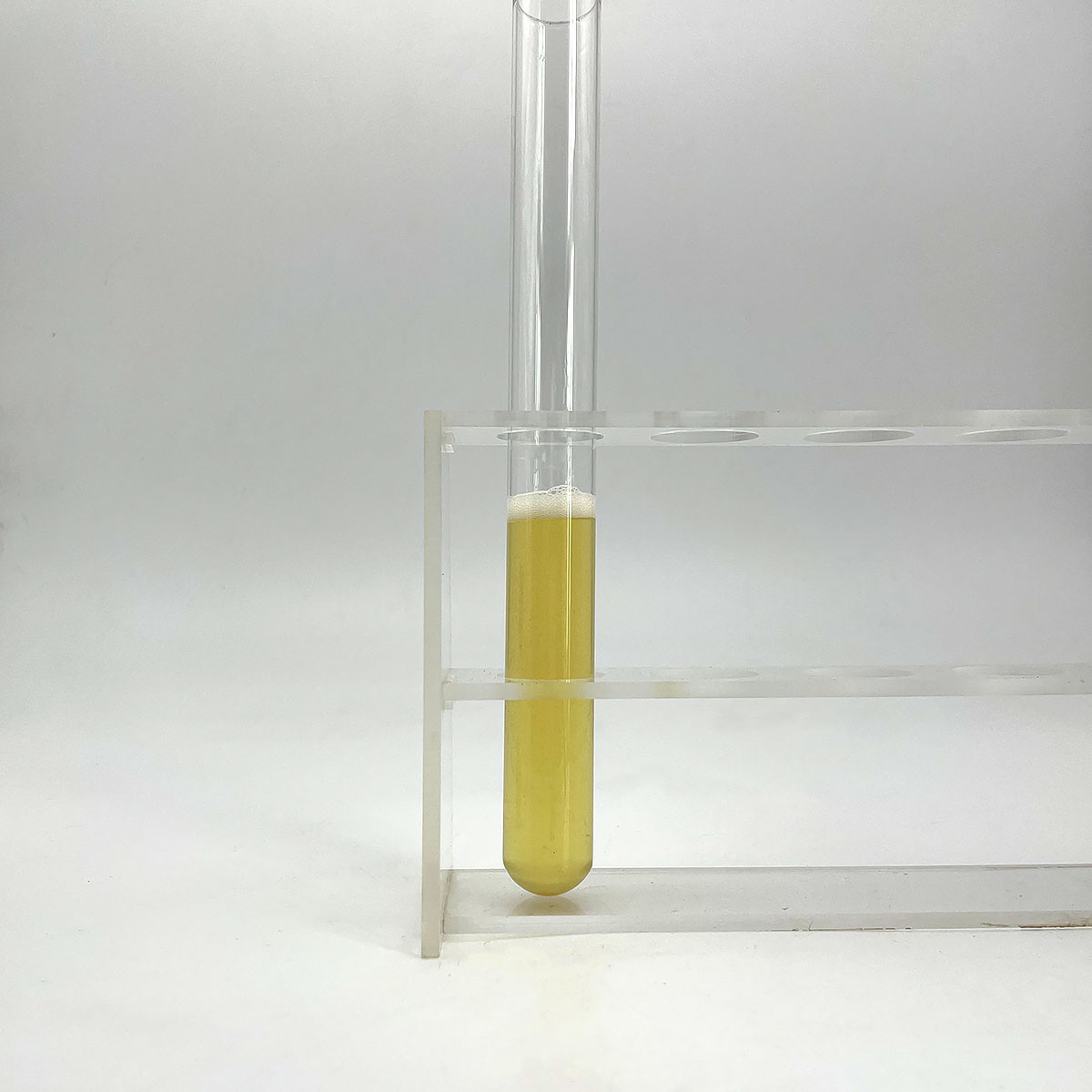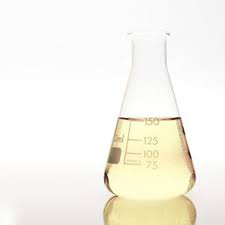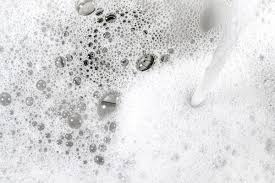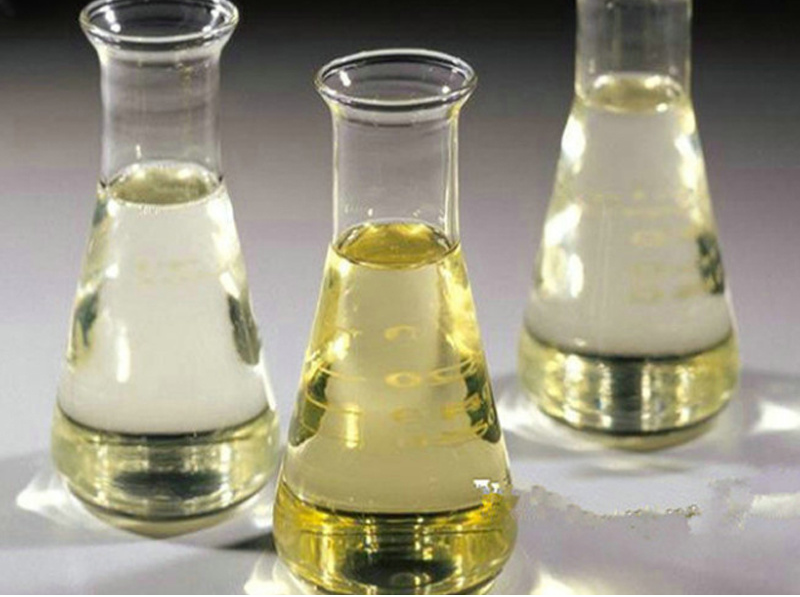**Title: The Dish Soap Dilemma: Should You Really Spike Your Roundup With Dawn?**
(Can Dawn Dish Detergent Be Added To Roundup Herbicide As A Surfactant)
Ever peeked into your garage and spotted two unlikely neighbors: a jug of Roundup weed killer and that trusty blue bottle of Dawn dish soap? Maybe you heard a rumor, a gardening hack whispered online. “Add Dawn to Roundup,” they say. “It makes the poison stick better!” Sounds simple, maybe even clever. But before you grab the measuring spoons, let’s dig into this soapy science experiment. Is it a brilliant shortcut or a potential path to trouble? Buckle up, we’re diving deep into the surprising chemistry of killing weeds.
**1. What Exactly is a Surfactant and Why Do Herbicides Like Roundup Need One?**
Surfactant. It sounds fancy, but it’s just short for “surface-active agent.” Think of it as a tiny chemical peacemaker. Water and oil famously hate each other. Plants? They have waxy, oily surfaces designed to repel water – like a raincoat. That’s great for the plant, bad for your weed killer.
Roundup’s main weapon is glyphosate. Glyphosate needs to get *inside* the plant to work. It needs to penetrate that waxy raincoat. Plain water mixed with glyphosate tends to bead up and roll right off the leaves. It’s frustrating. It wastes herbicide. It means poor weed control.
A surfactant breaks the tension. It acts like a bridge. One end of the surfactant molecule loves water. The other end loves oil and grease. When you add a surfactant to your herbicide mix, it allows the glyphosate solution to spread out evenly across the leaf instead of beading. It helps the herbicide wet the surface, stick better, and crucially, get absorbed into the plant. Without a good surfactant, much of your expensive Roundup is literally going down the drain, washed off by dew or rain before it can work.
**2. Why Dawn Dish Detergent Tempts Gardeners as a Surfactant Substitute**
So surfactants are essential. Why look at Dawn? It’s simple. Dawn dish soap *is* a surfactant powerhouse. We see it cut through greasy dishes effortlessly. That same action – breaking down oils and fats – seems like it should work on a plant’s waxy cuticle too. It’s cheap. It’s readily available. Everyone has it under the kitchen sink. It feels like a harmless, natural solution compared to chemical additives.
Dawn is designed to emulsify fats and oils in water. It reduces surface tension dramatically. Watch a drop of soapy water on a leaf; it spreads out instead of beading. This visual trick reinforces the idea. It *looks* like it should work. Plus, the rumor mill is strong. Countless gardening forums and social media posts tout Dawn as a miracle surfactant booster. It seems like a logical, easy, and cost-effective hack. The temptation is real.
**3. How Dawn Actually Behhave When Mixed With Roundup Herbicide**
Okay, let’s mix them. Physically, Dawn dish soap *will* act as a surfactant when added to a Roundup solution. It will reduce surface tension. It will help the spray solution spread out on the leaf surface. It might even seem to improve initial coverage. So, technically, it does the basic job of wetting the leaf.
But here’s the critical catch: Not all surfactants are created equal. Herbicide formulations are incredibly precise. The surfactants specifically designed for glyphosate (like those already in Roundup concentrates or sold separately as “adjuvants”) do more than just spread the solution. They are carefully engineered to:
* **Optimize Absorption:** They help glyphosate molecules actually move through the plant’s waxy barrier efficiently. Dawn might get the solution *on* the leaf, but doesn’t necessarily help glyphosate get *in* effectively.
* **Maintain Stability:** They keep the glyphosate active and stable in the spray solution. Dish soap can potentially interfere with this chemistry.
* **Control Foam:** Herbicide applications need minimal foam. Dish soap? It creates mountains of foam, making spraying messy and uneven.
* **Prevent Phytotoxicity:** Proper surfactants are chosen to avoid harming desirable plants through spray drift. Dish soap can strip protective waxes off non-target plants, making them more susceptible to damage.
Adding Dawn introduces unknown variables. It can alter the solution’s pH. It might bind with the glyphosate, reducing its effectiveness. It can cause excessive foaming, clogging sprayers. The foam itself reduces the amount of actual herbicide hitting the target. While it wets the leaf, it doesn’t guarantee the glyphosate is delivered optimally.
**4. Key Applications Where Surfactants Matter Most (And Why Dawn Isn’t The Answer)**
Understanding *when* surfactants are most critical highlights why using the right one matters:
* **Hard-to-Kill Weeds:** Perennials like bindweed, thistle, or woody plants have thicker, waxier cuticles. They need maximum surfactant power for herbicide penetration. A weak or incompatible surfactant (like dish soap) means failure.
* **Waxy or Hairy Leaves:** Plants like marestail (horseweed) or lambsquarters have surfaces specifically evolved to repel water. They demand top-tier surfactants.
* **Drought-Stressed Weeds:** When plants are dry, they produce even more protective waxes. Herbicide absorption is naturally lower. A strong, compatible surfactant is non-negotiable.
* **Low-Volume Spraying:** When using less water per acre, the spray solution is more concentrated. A good surfactant ensures this concentrated mix spreads and sticks effectively. Dish soap foam wrecks low-volume applications.
* **Professional Farming & Land Management:** Inconsistent weed control costs money. Using a proven, reliable surfactant adjuvant is part of professional practice. Dawn offers zero consistency or guarantee.
In these high-stakes situations, relying on dish soap is like bringing a squirt gun to a firefight. It might get things damp, but it won’t put out the blaze. The risk of incomplete control, weed resistance developing, and wasted time and money is high.
**5. FAQs: The Burning Questions About Dawn and Roundup**
* **Does adding Dawn dish soap make Roundup work better?** Maybe slightly on very easy-to-kill annual weeds under perfect conditions, purely by improving wetting. But often, no. It can even reduce effectiveness by interfering with glyphosate absorption or causing runoff due to foam. It’s unreliable and unpredictable.
* **Is it safe to mix Dawn with Roundup?** Physically mixing them won’t cause an explosion, but “safe” is relative. It voids the herbicide’s warranty. It creates excessive foam, a safety hazard as it increases drift risk onto plants you want to keep. More critically, using *any* unapproved additive violates pesticide labeling laws in most places. This has legal and liability implications.
* **Doesn’t Dawn kill bugs? Could it harm plants?** Yes, concentrated dish soap can harm insects and strip protective waxes off plant leaves. This is phytotoxicity. While surfactants are needed, the wrong kind (like dish soap) can damage desirable plants via drift far more easily than a proper herbicide adjuvant. It’s indiscriminate.
* **What does the manufacturer (Monsanto/Bayer) say about adding dish soap?** They explicitly warn against it. Roundup labels state to only use approved adjuvants or surfactants listed on the label or in separate documentation. Adding dish soap, vinegar, or other household products is not approved and voids any performance claims or liability coverage.
* **What should I use instead of Dawn?** Look for the label! Most Roundup concentrates already contain a surfactant. If it says “no additional surfactant needed,” believe it. If you have a tough weed problem or are using a generic glyphosate that might need a boost, buy a surfactant *specifically labeled for use with glyphosate herbicides*. Common types include non-ionic surfactants (NIS) or crop oil concentrates (COC). These are tested, proven, and legal. They are available at farm supply stores or garden centers.
(Can Dawn Dish Detergent Be Added To Roundup Herbicide As A Surfactant)
* **What about the environment?** Dish soaps contain dyes, fragrances, and other chemicals not meant for outdoor soil and water. Herbicide-approved adjuvants are designed with environmental impact in mind. Using dish soap introduces unnecessary pollutants. Glyphosate itself is tightly regulated; adding unregulated chemicals complicates the environmental picture. Stick to the label. It’s the law, and it’s designed for safety and effectiveness. The dish soap shortcut simply isn’t worth the risk of poor weed control, damaged plants, legal trouble, or environmental harm.
Inquiry us
if you want to want to know more, please feel free to contact us.




